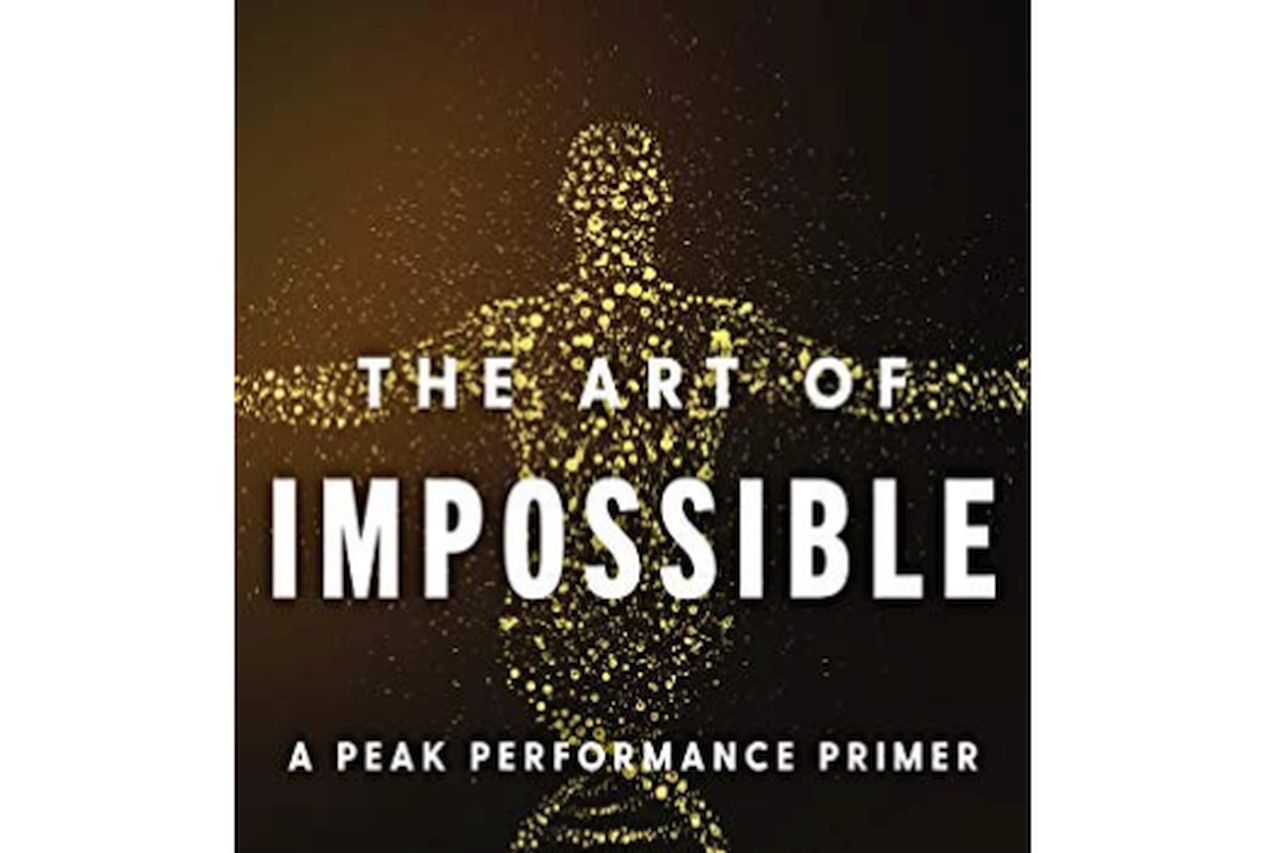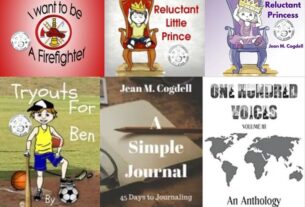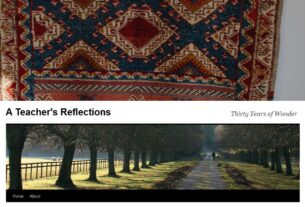Mastery necessitates a high level of expertise. To achieve expertise, you’ll need to learn a lot. Lifelong learning has even been given a name. To become an expert on the topic you’ve chosen, you’ll need a few fundamental tools. After all, you can’t ski without boots and poles. It’s no different when it comes to learning how to learn. In this case, three essential pieces of equipment are necessary.
Learning involves a development mindset, a truth filter, and a lot of reading, according to the major takeaway. Let’s start with the development attitude. A growth mindset is the belief that rather than being intrinsic, talent can be acquired through practice. Carol Dweck, a Stanford psychologist, demonstrated the benefits of this way of thinking using brain scans.
Dweck discovered that when people with growth mindsets were faced with a severe problem, their brains lit up and became extraordinarily active. People who didn’t believe their abilities could improve had their minds completely shut down. To put it another way, they didn’t believe they’d ever be able to solve the problem, therefore their brains didn’t even try.




